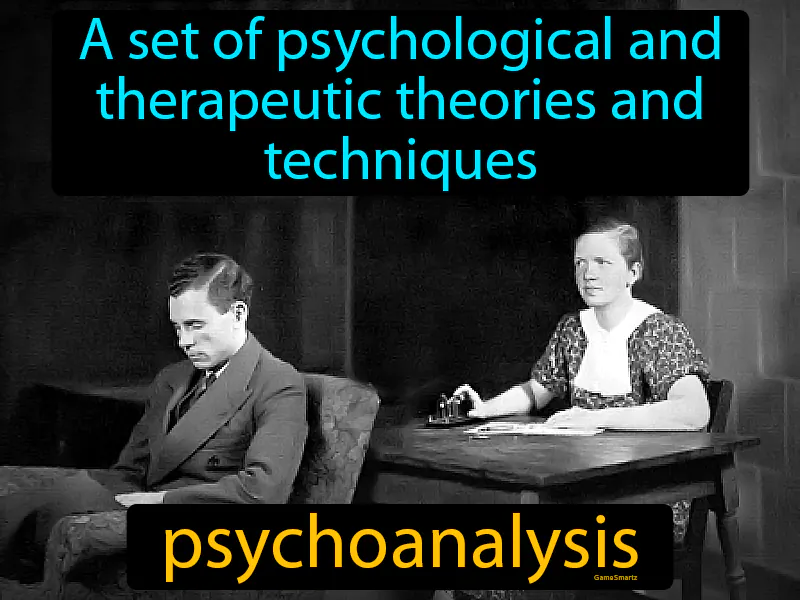Psychoanalysis
Psychoanalysis:
Psychoanalysis, developed by Sigmund Freud, became influential during the rise of totalitarianism (1919-1939) as it explored the unconscious mind, offering insights into human behavior and motivations. At a time when totalitarian regimes sought to control individual thought and behavior, psychoanalysis provided a contrasting perspective that emphasized personal freedom and self-awareness. It responded to the need for understanding human actions in a world where authoritarian leaders manipulated mass psychology. Today, psychoanalysis remains relevant as it helps people explore their feelings and behaviors, promoting mental health and self-understanding. For example, someone dealing with anxiety might use psychoanalytic therapy to uncover past experiences influencing their current stress, leading to healthier coping strategies.

Practice Version

Psychoanalysis: A set of psychological and therapeutic theories and techniques. Psychoanalysis. Developed by Sigmund Freud in the late 19th century, psychoanalysis is a method for understanding and treating the unconscious mind.
